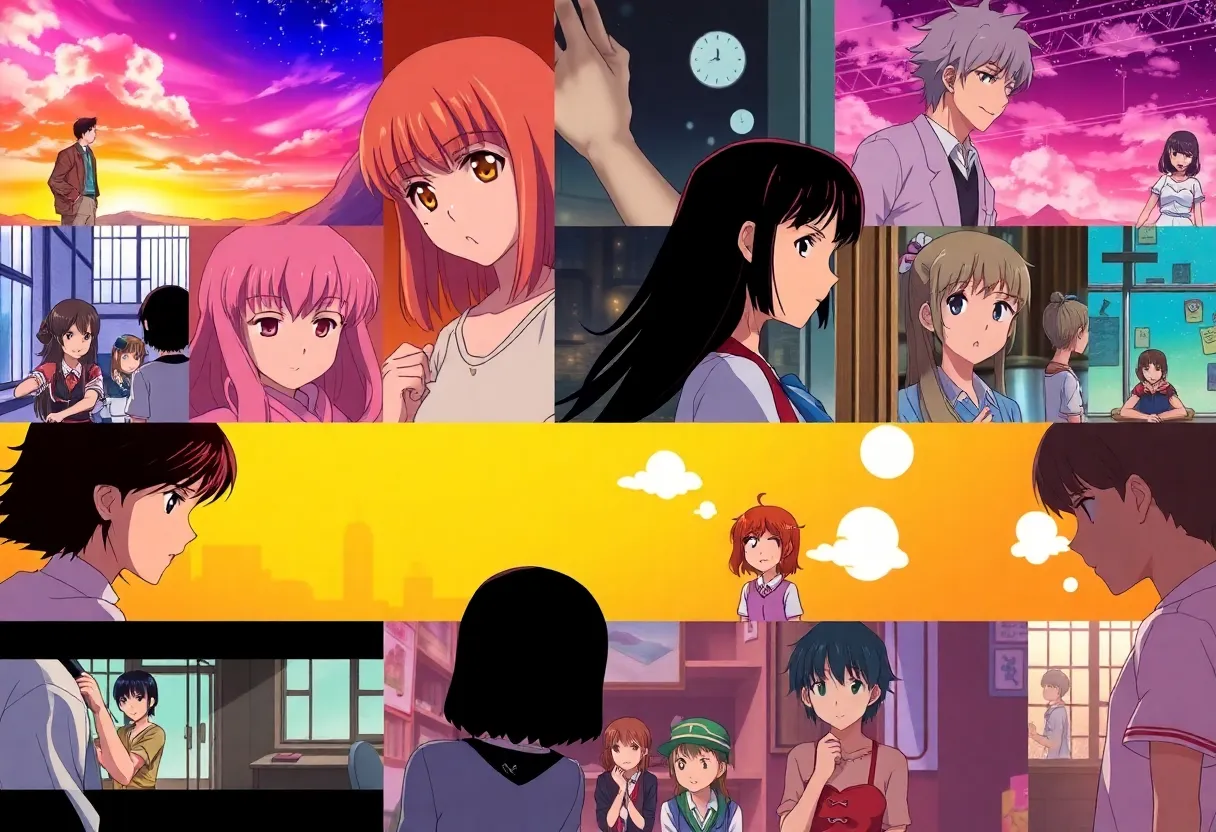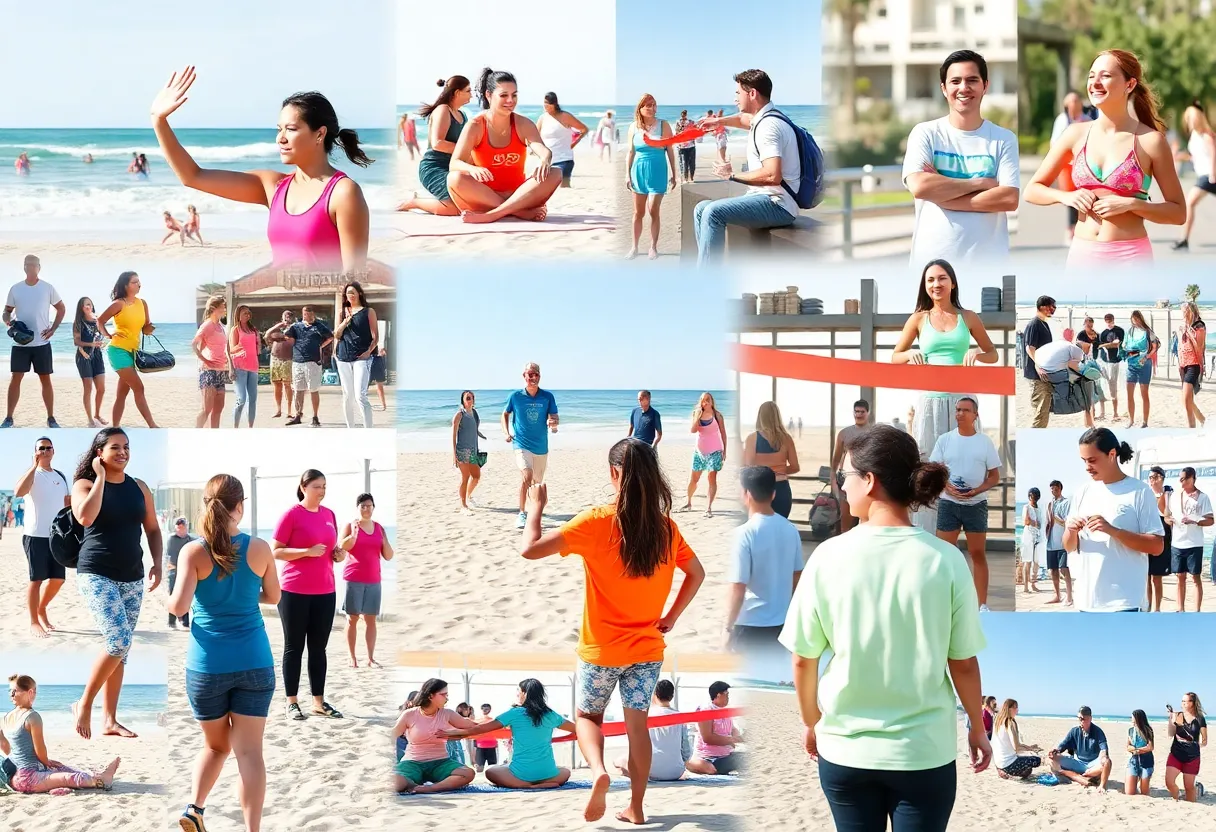News Summary
The anime industry is seeing increased scrutiny of classic titles as contemporary discussions on social responsibility and representation reshape viewer perspectives. Older series once praised for their daring narratives are now criticized for outdated tropes, reflecting a shift in cultural norms and viewer expectations. This evaluation highlights issues such as consent, gender dynamics, and ethical storytelling, prompting audiences to rethink how these anime are perceived and their legacy in the evolving landscape of animation.
Tokyo, Japan — Evaluating How Modern Criticism Shapes Perceptions of Controversial Anime
As the anime industry continues to evolve, increased critical attention is being directed at older titles in light of contemporary discussions about social responsibility, representation, and ethical storytelling. Traditionally popular series are now scrutinized more heavily, reflecting a shift in viewer expectations and cultural norms. This change is influencing how audiences and critics evaluate and interpret classic anime works.
Shifts in Viewer Perspectives and Critical Discourse
In recent years, anime viewers engage with content through diverse perspectives, emphasizing issues such as consent, gender dynamics, and social responsibility. This broader dialogue has led to a reevaluation of many older titles that previously flew under the radar for their controversial content. Where once these titles were celebrated for their humor or daring storytelling, they are now often viewed as problematic for their outdated and harmful tropes.
Older Anime Titles Under Increased Scrutiny
Several classic anime are now facing criticism for their handling of sensitive topics. For example, series like Golden Boy and Kiss x Sis relied on outdated gender stereotypes and inappropriate relationships for humor and storytelling, raising questions about their relevance and acceptability today.
Historical Context and the Evolution of Criticism
During their initial release periods, many such series met with minimal criticism; they were often considered “edgy” or provocative without deeper reflection on their social implications. Over time, societal awareness about issues like gender equality, consent, and psychological manipulation has grown, prompting audiences to view these shows differently.
Specific Series and Critical Concerns
Trivializing Trauma and Reducing Complexity
Among the most frequently cited examples of problematic content is Hetalia: Axis Powers. The series reduces complex historical traumas to caricatures and uses them as punchlines, dismissing the seriousness of real-world suffering.
Depictions of Inappropriate Behavior
Golden Boy depicts Kintaro Oe’s obsessive pursuit of women, featuring actions like spying, groping, and other forms of harassment, often portrayed humorously without consequence. Similarly, Kiss x Sis presents an incest-adjacent premise that, when framed as humor, raises ethical questions about consent and power dynamics.
Disturbing Themes in Sensitive Contexts
Kodomo no Jikan features a romantic obsession between a teacher and a young girl, treating their relationship as quirky or emotionally driven, which today would be considered highly inappropriate. Likewise, Green Green includes constant objectification and inappropriate humor in a school setting, reflecting dismissive attitudes toward consent.
Violence and Shock Humor
Series like School Days highlight emotional manipulation among characters, culminating in a violent ending that critiques, yet also depicts, the darker side of romance. Bludgeoning Angel Dokuro-chan relies heavily on shock humor involving violence toward minors, raising concerns about appropriateness.
Extreme and Graphic Content
In the realm of disturbing media, Midori: Shojo Tsubaki is notorious for its extreme depictions of abuse, with its portrayal of suffering lacking empathy and critical context, making it unacceptable by today’s standards.
Romantic Tropes and Ethical Issues
Other titles, such as Wolf Girl and Black Prince, focus on controlling or toxic romantic relationships, which modern audiences recognize as unhealthy. Marmalade Boy features a plot involving potential half-siblings in a romantic relationship, romanticizing ethically questionable themes.
Changing Viewer Expectations and Cultural Standards
The surge in discussions around consent, emotional manipulation, and social responsibility highlights how perceptions of these older titles have shifted. Audiences today demand responsibility and sensitivity in media portrayals of relationships and social issues, leading to greater backlash against series with harmful stereotypes and tropes.
Impact on the Legacy of Classic Anime
Many shows that once received praise for their daring or provocative nature are now regarded as outdated or problematic. This reassessment influences how new generations of viewers approach and critique these works, emphasizing the importance of context, societal norms, and evolving standards of acceptability.
Conclusion
The evolving landscape of anime criticism underscores a broader cultural movement toward socially conscious storytelling. While older anime titles remain part of the medium’s history, their continued relevance is increasingly questioned as viewers and critics strive for more respectful and responsible narratives. This shift reflects a growing awareness of the power media hold in shaping societal values and attitudes.
Deeper Dive: News & Info About This Topic
HERE Resources
Additional Resources
- Anime News Network: The Colors Within Review
- Wikipedia: Anime
- FandomWire: Netflix’s Devil May Cry
- Google Search: Anime Representation
- CBR: Your Lie in April Representation
- Google Scholar: Anime and Representation
- Dexerto: Castlevania Nocturne Writers Criticism
- Encyclopedia Britannica: Anime Critique
- Anime Herald: Queer Representation in Ouran High School Host Club
- Google News: Anime Representation
Author: STAFF HERE VIRGINIA BEACH WRITER
The VIRGINIA BEACH STAFF WRITER represents the seasoned team at HEREVirginiaBeach.com, your trusted source for actionable local news and information in Virginia Beach, Virginia Beach City, and beyond, delivering "news you can use" with comprehensive coverage of product reviews for personal and business needs, local business directories, politics, real estate trends, neighborhood insights, and state news impacting the region—supported by years of expert reporting and strong community input, including local press releases and business updates, while offering top reporting on high-profile events like the Virginia Beach Neptune Festival, East Coast Surfing Championship, and military homecoming celebrations, alongside key organizations such as the Virginia Aquarium, Virginia Beach Convention Center, and Oceana Naval Air Station, plus leading businesses in tourism and defense like Busch Gardens and Northrop Grumman, and as part of the broader HERE network including HEREWilliamsburg.com, providing credible, in-depth insights into Virginia's vibrant landscape. HERE Virginia Beach HERE Williamsburg





